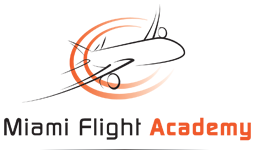News and Updates – South Florida is a “No Drone Zone” During Super Bowl LIV
MiamiHard Rock Stadium near Miami is a No Drone Zone for Super Bowl LIV on Feb. 2, 2020. Drones also are prohibited around the Miami Beach Convention Center for the NFL Super Bowl Experience and Bayfront Park for Super Bowl Live during the days leading up to the event.
The Federal Aviation Administration (FAA) will establish a Temporary Flight Restriction (TFR) on game day that will prohibit drones within a 30-nautical-mile radius of the stadium up to 18,000 feet in altitude. The TFR will be in place from 5:30 p.m. to 11:59 p.m. EST. Drones are also prohibited for one nautical mile around Hard Rock Stadium on February 2 from 9 a.m. until the TFR for the game takes effect. Further details are available in the drone TFRs.
The FAA will restrict drone flights for roughly one nautical mile around the Miami Convention Center and Bayfront Park up to an altitude of 2,000 feet from January 25 to February 1 during daytime hours. Pilots and drone operators who enter the TFRs without permission could face civil penalties that exceed $30,000 and potential criminal prosecution for flying drones in the TFR.
Detailed information for general aviation and drone pilots is available on the FAA’s Super Bowl LIV web page.
Drone pilots should check the FAAs B4UFly app to determine when and where they may fly. To highlight the No Drone Zone, watch the FAAs videos in English and Spanish encouraging fans to enjoy the game and leave their drones at home.
